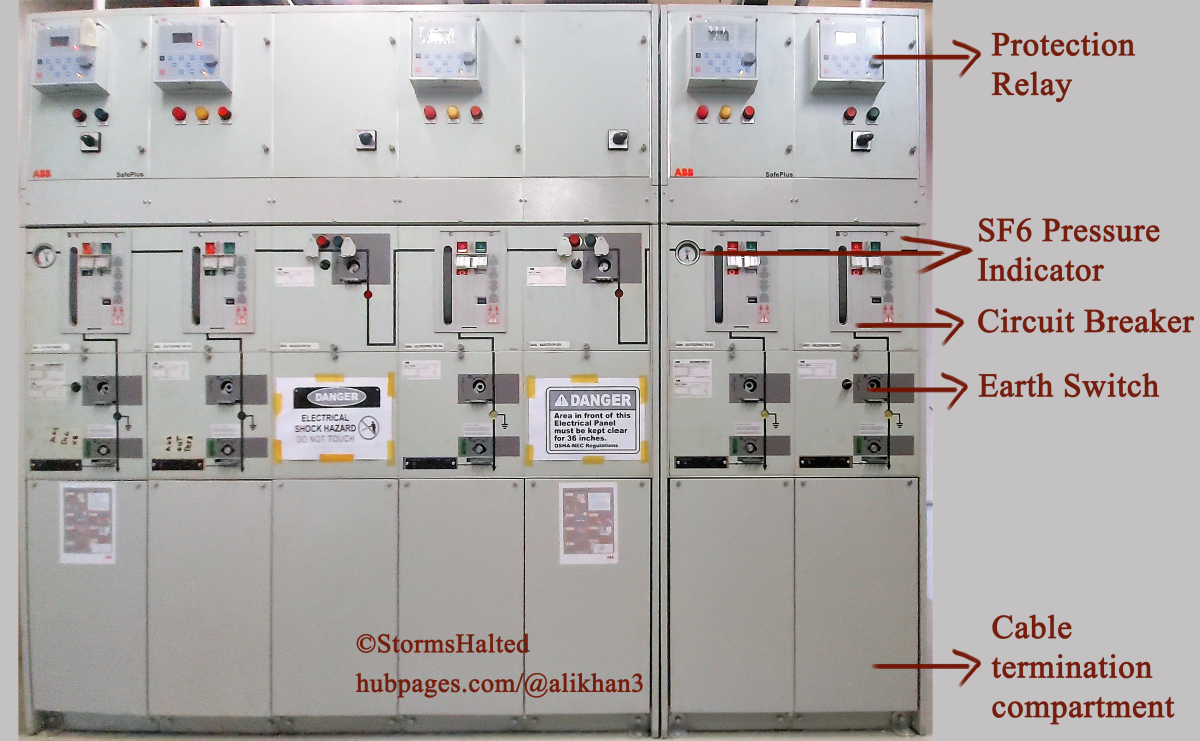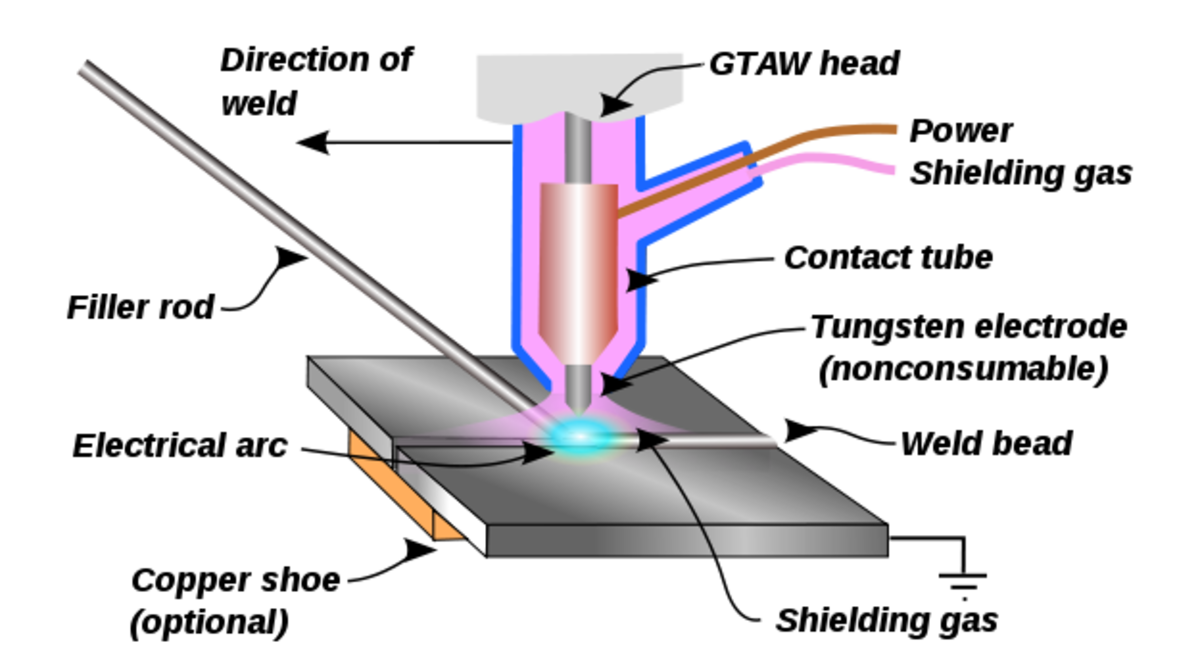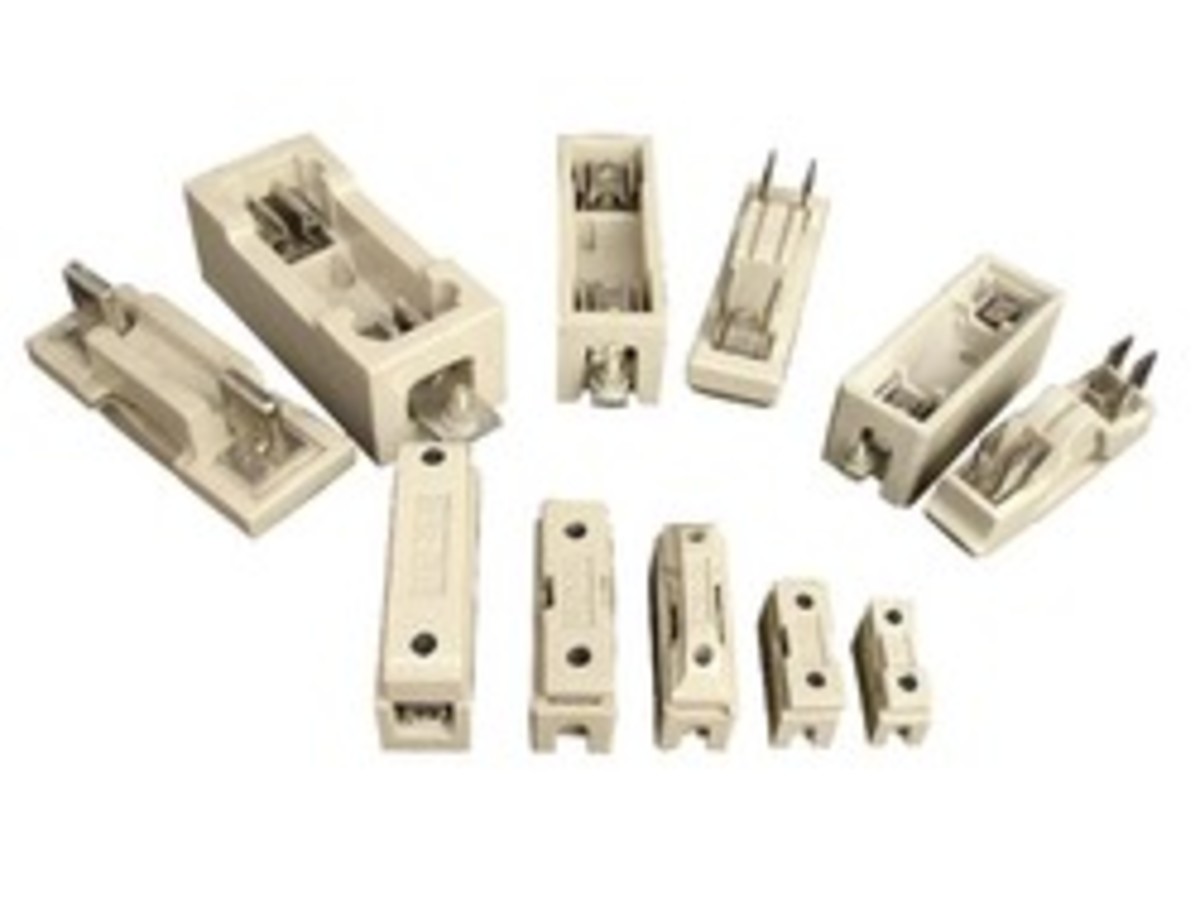Tips Preventative, Predictive, or Put Out The Fire Maintenance-Maintenance Cruz
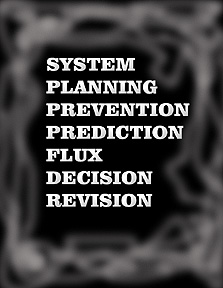
The mountain seems like an impossible climb most of the time when looking at a competent maintenance program. Having been on the ground floor and involved in complete revamps of PM programs I always see the fine line. That line is the real world feasibility of proposed programs coupled with the real world cost. The perfect world is a very expensive proposition and really far fetched. Most management understand that 100% reliability requires extreme diligence and a high cost and really doesn't exist.
Somewhere a compromise is made whether it is a conscious decision or just situational. What I mean is, that most all plans are elevated to high goals that either are very difficult to attain or impossible. The word I like the most is optimum or optimal with these problems. Optimal means to me that you are doing a relatively good job at accomplishing your goals in the context of the real world. Still making progress in the right direction despite setbacks and breakdowns. Downtime happens and somethings are either out of your control, very hard to control, or very expensive to control.
More than a few times I have received my marching orders with goals set for performance from upper management. I return with a plan and estimated cost to attain the proposed goals and a hush comes across the conference table when the expense is evaluated. I have spent weeks and months revising programs that finally fit into the budget, the original program becomes very skinny at this point. I turn in a final projected performance metric with real world thinking and the frowns surround the room. What can I do, the truth is hard to take and I do not sugar coat anything.

Balance Beam
So where do you go from here, trying to balance budget against preventative and predictive maintenance. The main issue is that accountants never seems to accurately assess true maintenance costs. The grand plan of 99% reliability is attainable with enough resources. If a company can afford an army of maintenance people and separate warehouse for a lot of redundant machinery you may see these numbers. Of-course uptime is also related to the kind of process and the size of a process. Simple blending and filling operations can have very high uptimes as the process is simple with relatively low wear. You have a multi-stage process with a lot of actuation, vibration, conveyance, and drive components your uptime will suffer, something is going to break.
Starting out is usually rough while the bugs are being worked out. 50% uptime is fairly easy to attain in the beginning of new production environment as long as the engineering is solid. The jump from 50% to 70% is usually better procedures and operator training. 70% to 80% is usually time versus experience the better the operators and the techs learn the machines the lower the downtime gets. Now 80 to 90% generally involves equipment changes of some sort to attain better performance, reprogramming, redesign, better components. At this point the price tag starts to rise dramatically and becomes exponentially more expensive as you try to attain each percentage point higher on the uptime graph. The kind of money it takes to maintain 98, 99 percent up time is drastically higher than it was to maintain 95 percent.
There are processes and products with a high enough profit margin that ultra high maintenance costs are a drop in the bucket compared to the losses incurred due to downtime. It is rare to find yourself in a situation with a really large maintenance budget that has surplus. Unfortunately I have always worked under very tight budgets and spent more time meeting with accountants than with the engineers. Its not wrong in this business environment to keep tight reigns on maintenance spending, the cost can get out of control very quickly.
I have no problem, I will do all I can with resources given me. I have a problem with the never ending look of disbelief when things or numbers do not meet projections due lack of resources. Why were we down for 10 hours due to that pump, I want a report by tomorrow. No need to wait until tomorrow I can make an oral report right now, do you remember denying 30k for a new pump so we could have changed this unit before it failed? Man do they hate to hear that, you have just now landed on the #*@^ list because you pointed out the truth, the email wars generally start right after this with everyone playing CYA. I hate this more than anything else in my whole working career, no problem when it breaks down and I don't have the resources just don't say anything at all and let me work damage control.
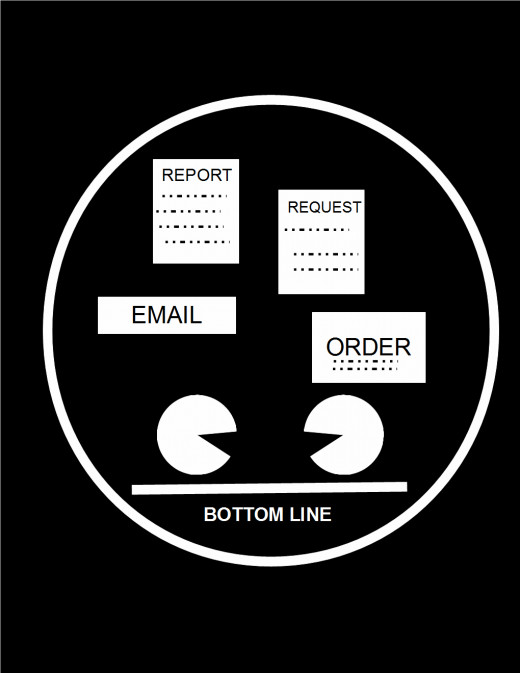
In Paper, In Person? Both
So what do you do when you know you are setup to fail and just one major breakdown is going to blow your performance numbers straight out the window? It is a tightrope act where the rope is on fire and you have to be light on your feet. It takes deep thinking and logical decisions to pick and choose what gets attention first. Definitely use any and all tracking means at your disposal, statistics are extremely helpful in predicting your next move. Do not put all your stock into your downtime tracking system though, stay in touch with your techs and get their opinions on what is at the top of their urgent list. You will be surprised at the information that is just floating around in peoples heads just because no one has asked their opinion. I find the absolutely most valuable people are the operators as they are exposed the most to the machinery in their area. Do not rely on maintenance issue reporting forms or procedures go and talk to these people. You can derive more information face to face than you will ever get through work request.
So how's this baby running today? Good, all good. That's good, you are doing a great job over here by the way. Thanks I try, you know now that you mention it, there is a sound I haven't heard in the five years that I have worked here. Oh really, show me. Oh I am so glad I talked to you, you just saved me and this company a lot of grief, this thing is about to break.
This exact situation happen to me and not just once but many times. I promote this kind of rapport with all the workers and impress on my techs what a valuable resource the operators really are. I also do not put up with my technicians talking down or treating production people like they don't know what they are talking about. Its true a lot of the time that an operator really may have no clue about what he or she is talking about, but treating them badly here may restrict them from telling you something very important in the future. Your technicians should see it as part of their job to educate production people whenever the situation presents itself.
This shared knowledge will pay dividends in the future in many ways. An operator who has been taught what things are called and what different noises mean can later clearly convey what is happening with his or her machine, this saves a lot of time. When an operator calls up and can say that the drive sprocket on the intermediate is grinding the tech knows what he needs to take with him from the shop the first time.
I really have an issue with those maintenance calls where the requester has no information to give you other then that it is broken, I always press for more precise information to try to save time. Why didn't you tell me the e-stop button was destroyed when you called, you were standing right here and could clearly see it. Now I have to go all the way back across the plant to get a simple e-stop assembly, I could have brought it with me the first time and we would be running already. Oh, I'm sorry about that but I didn't know what to call that so I figured you better come and see it.
What to Expect?
Between the information you get from your reporting system and the people who work with the equipment, you have a fighting chance at staying afloat. There is no doubt that predictive maintenance is the solution for a lot of unscheduled downtime and is a must. Obtaining life expectancies for the equipment and components is very valuable and needs to be tempered against the conditions these components are exposed to. A bearing in a clean, low vibration environment will last significantly longer than one in an abrasive, high vibration environment. I built a calculator where I could input the standard life expectancy and then the conditions they are in. As I checked the individual condition the calculator would add or deduct a percentage of the life expectancy depending on the situation. A bearing that runs under low load, low revolutions, low vibration, in a very clean environment would have a significantly extended calculated life expectancy I used a standard safety margin deduction as well at the end of the calculated expectancy to allow for scheduling.
Preventative maintenance is a no brainer to me. It seems pretty simple, inspect, correct, adjust, lubricate, and change out consumables. The biggest issues are always time and that the work is actually getting done. Most inspections wind up taking a lot more time than allotted. You have two hours to pull off the guards, clean, inspect, adjust, and lubricate but you find something that needs repair when you took off the first guard. The truth is that this PM is not going to get done this time as the repair takes precedence. If you are lucky enough to have an extra tech that can get in there and work on the PM while the other tech repairs you can get it done, but most the time everyone is working on something during the downtime window. This is where someone needs to be on top of things and make calls, do you finish the PM by pulling a tech off something else or can this PM wait a week. That to me is the epitome of maintenance in general, always in flux no matter how much planning has been done. It's kind of funny how the weekend you have planned out, to take on that big rebuild, is the one where something serious breaks Friday night and blows your plan out of the water.
I think it is good for everyone to understand that this is the real nature of most maintenance. A plan that always evolves into doing what you can and trying to address the most pressing items first. When you think about it, a new plant starts breaking down from the moment the start button is pushed. Components are wearing out every second of everyday and when you step back and really think about all the wear components in your factory it seems like just a matter of time before several things go wrong at once and it will happen.
Now or Later - Better or Worse
There is a lot to be gained by thoroughly reviewing the components you are using. Huge improvements in reliability can be gained by using better designed components and systems. It is hard to discern what is really a good improvement and what is just a good sales pitch. Having strong engineering skills coupled with research can yield significantly better setups with greatly reduced overall maintenance, less or no lubrication, and lower cost replacement parts. Gains can be found changing shaft coupling types, sprocket types, and belt drive in place of chain to name a few.
It is a long road to turn around a maintenance program and equally hard to maintain a good existing one. There are many books on the subject and many management systems that address the bulk of the issues. I have found that these are great resources and a lot can be learned coupled with solid decision making routine. Someone always has to make the call to repair or band aid, to PM or skip, to replace or wait. If your technicians are charged with these decisions you should give them a set decision making schema to follow so their decisions will be closely inline with what you would decide. Everything starts with safety and those must be the questions asked first in any decision making scheme. If we continue to run is it safe? If I just band aid this machine is it going to be safe? After that a lot the decision is made for you on how you will proceed after that. The machine will be safe and production must run this order now, band aid and repair at the end of this run. Machine will be safe but production will have an important run later on tonight, repair now, this is all just food for thought. As a manager the question is will my techs make the right decisions without me, need to be honest right here.









